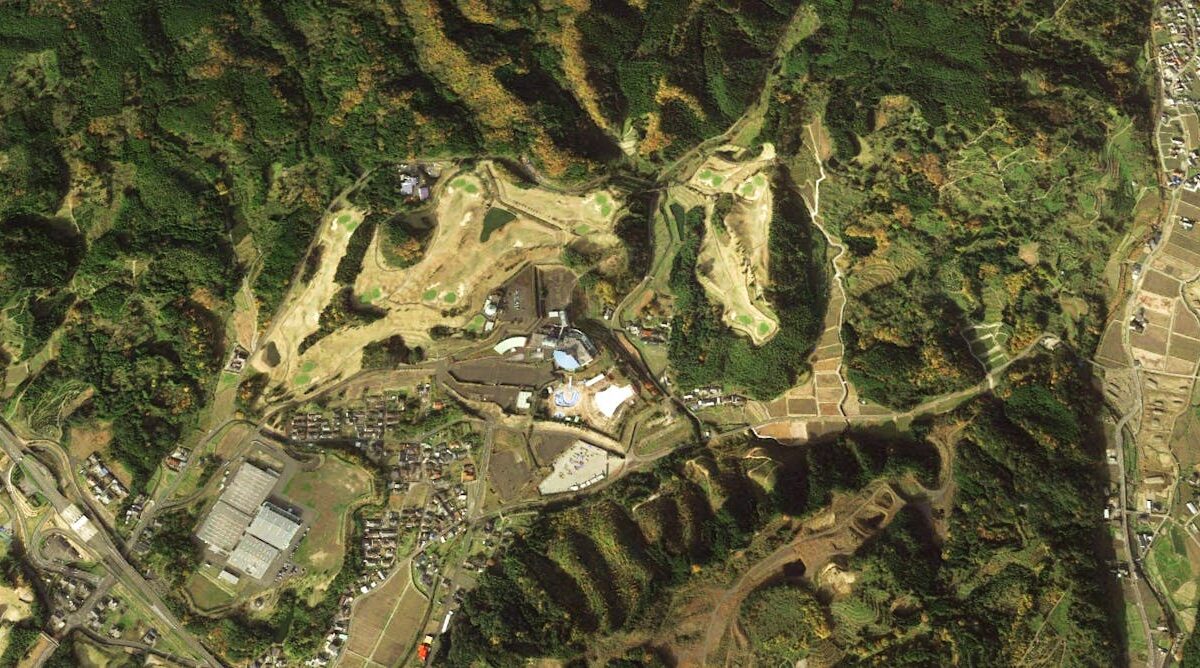Introduction
Conventional wisdom often suggests that a reduction in human population might lead to better environmental outcomes. However, this assumption does not always hold true, as demonstrated by the situation in Japan, where despite a declining population, wildlife continues to face significant challenges.
The Situation in Japan
In recent years, Japan has experienced a notable decline in its population. This demographic shift might seem favorable for nature at first glance, suggesting more space and resources for wildlife. Contrary to expectations, however, the reality is quite different. In Japan, even with fewer people, wildlife finds itself with less space and fewer ecological niches.
Understanding the Dynamics
The paradox in Japan raises important questions about the relationship between human populations and environmental health. It prompts a deeper examination of how land use, agricultural practices, urban expansion, and other factors influence natural habitats, irrespective of population trends. This scenario underscores the complexity of ecological systems and the need for comprehensive, nuanced approaches to conservation.
Conclusion
The case of Japan serves as a critical reminder that decreasing human populations do not automatically equate to environmental benefits. It highlights the importance of strategic, informed conservation efforts that consider a variety of ecological and human factors to truly enhance and protect biodiversity.
For further details, visit the original source of this discussion at The Conversation.

